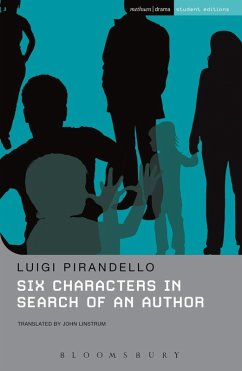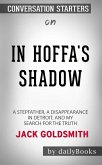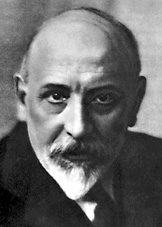Six people arrive in a theatre during rehearsals for a play. But they
are not ordinary people. They are the characters of a play that has not
yet been written. Trapped inside a traumatic event from which they long
to escape, they desperately need a writer to complete their story and
release them. Intrigued by their situation, the director invites them
to act out the key events of their lives ...
Pirandello's best-known play and one
of the most extraordinary and mysterious plays of the 20th century, Six
Characters speaks directly to an age of uncertainty: where do we come
from, where are we going, how do we become what we want to be?
are not ordinary people. They are the characters of a play that has not
yet been written. Trapped inside a traumatic event from which they long
to escape, they desperately need a writer to complete their story and
release them. Intrigued by their situation, the director invites them
to act out the key events of their lives ...
Pirandello's best-known play and one
of the most extraordinary and mysterious plays of the 20th century, Six
Characters speaks directly to an age of uncertainty: where do we come
from, where are we going, how do we become what we want to be?




